President Donald Trump’s proposed tariffs on pharmaceuticals imported into the US are expected to have wide-ranging consequences for drugmakers and American patients. These tariffs could disrupt the complex pharmaceutical supply chain, drive up the prices of drugs, and exacerbate shortages of critical medicines.
Disruption of the Pharmaceutical Supply Chain
Drugmakers often rely on a global network of manufacturing sites for different steps of the production process. For example, many generic drugs, which account for about 90% of the medicines prescribed in the US, rely on ingredients made in China and India. Tariffs could force some generic drugmakers to leave the US market altogether. This could lead to further shortages of essential drugs.
Impact on Drug Prices
The tariffs could also drive up the prices of both generic and branded drugs. For generic drugs, which have far lower profit margins than branded drugs, the increased costs could be particularly challenging. For branded drugs, which typically have higher profit margins and more stable supply chains, manufacturers may be better positioned to absorb higher costs from tariffs or pass them onto payers—and ultimately, consumers.
Potential for Increased Drug Shortages
The tariffs could worsen the unprecedented shortfall of medicine in the US. There are currently 270 active drug shortages in the US. Some drug categories, such as generic sterile injectable drugs, are likely to be more vulnerable to shortages than others if tariffs go into effect. These drugs have complex manufacturing processes and low profit margins, which could make it more difficult for their producers to absorb tariff-induced cost increases.
Challenges in Reshoring Manufacturing
It is unclear whether tariffs will influence more companies to move manufacturing operations into the US. It would cost drugmakers billions of dollars and take at least several years for them to do so. Some companies, such as Eli Lilly, Bristol Myers Squibb, and AbbVie, may be better positioned than others to weather tariffs because they have more major manufacturing plants in the US than internationally.
The proposed tariffs on pharmaceuticals could have significant implications for the affordability and availability of drugs in the US. While the tariffs are intended to encourage drugmakers to move manufacturing operations to the US, the reality is that reshoring production is a complex and costly process. In the meantime, the tariffs could lead to higher drug prices and increased shortages of essential medicines.
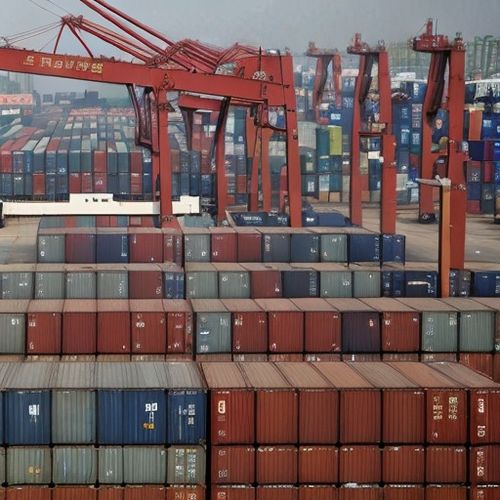
By Samuel Cooper/Apr 14, 2025
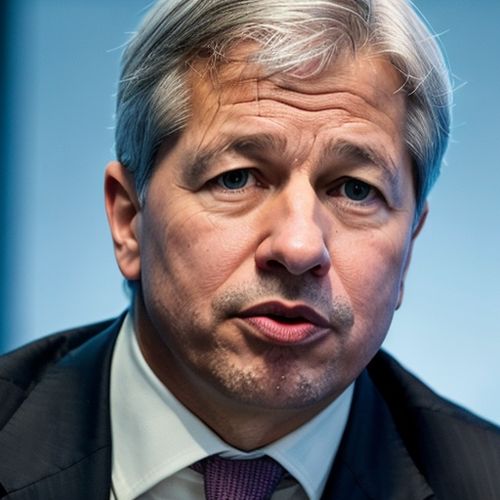
By Michael Brown/Apr 14, 2025
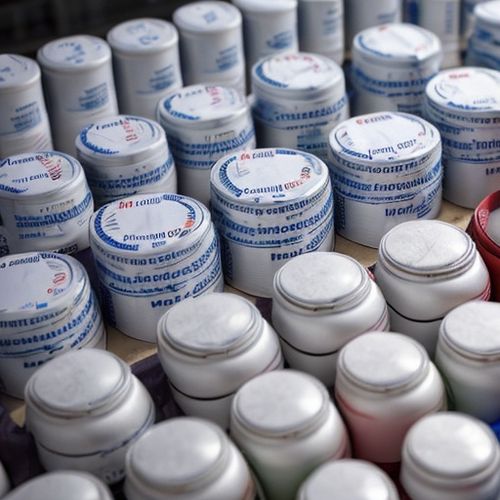
By Emma Thompson/Apr 14, 2025

By David Anderson/Apr 14, 2025
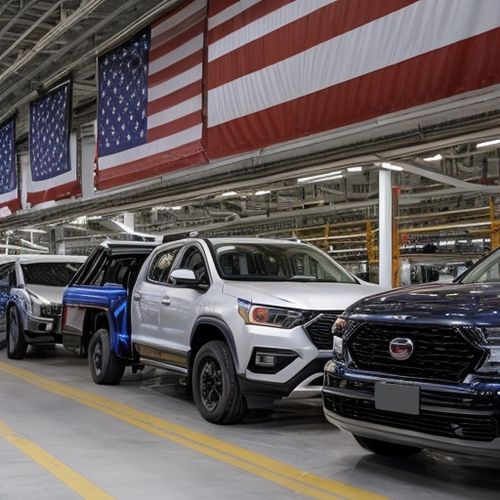
By Megan Clark/Apr 14, 2025
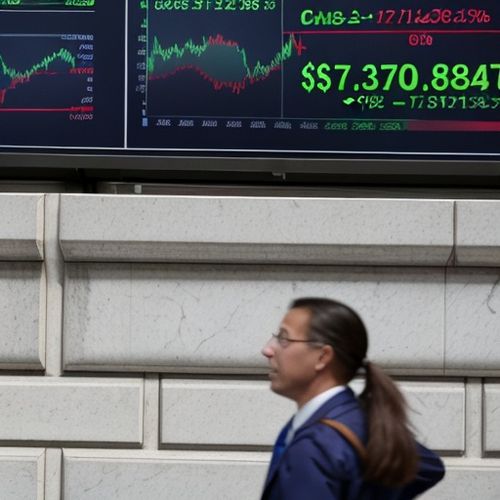
By Emma Thompson/Apr 14, 2025

By Thomas Roberts/Apr 14, 2025

By Rebecca Stewart/Apr 14, 2025

By Natalie Campbell/Apr 14, 2025

By Laura Wilson/Apr 14, 2025

By Ryan Martin/Apr 14, 2025
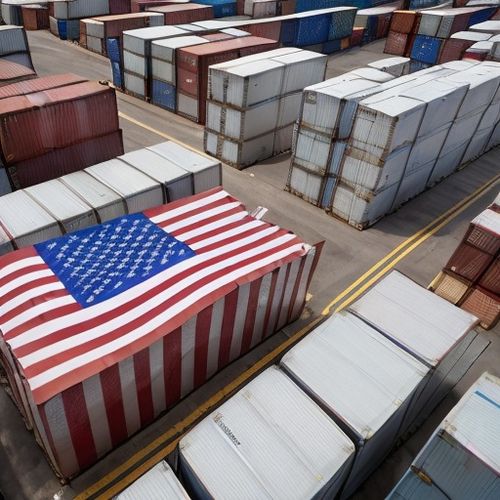
By Elizabeth Taylor/Apr 14, 2025
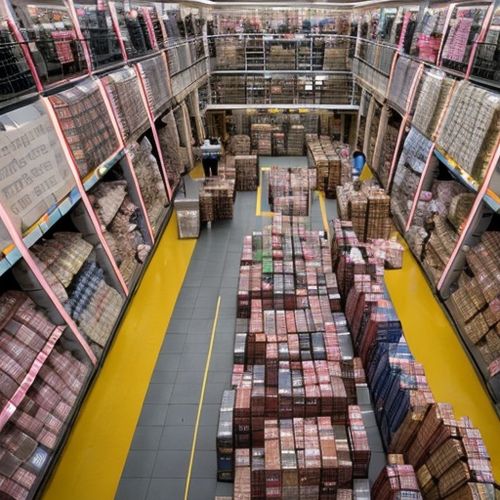
By Laura Wilson/Apr 14, 2025

By Sophia Lewis/Apr 14, 2025
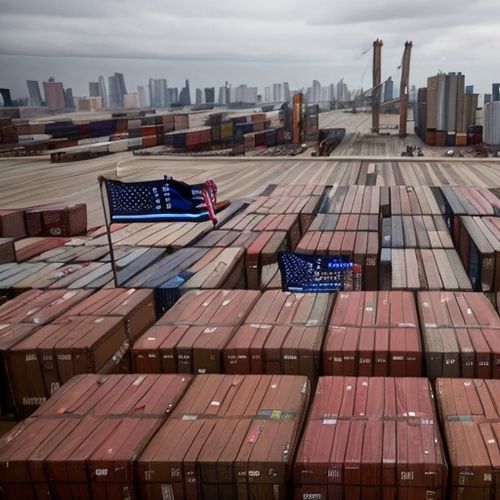
By Laura Wilson/Apr 14, 2025

By Elizabeth Taylor/Apr 14, 2025

By Amanda Phillips/Apr 14, 2025
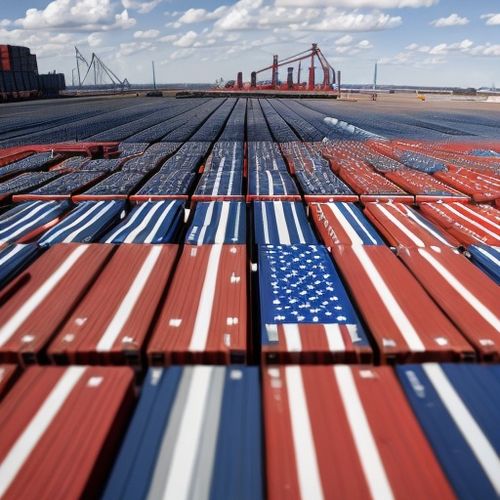
By Sarah Davis/Apr 14, 2025
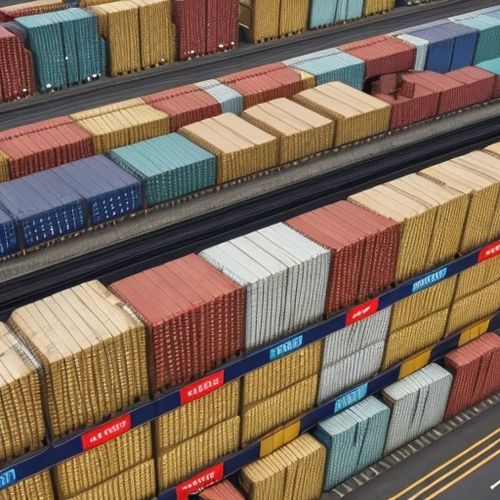
By Samuel Cooper/Apr 14, 2025